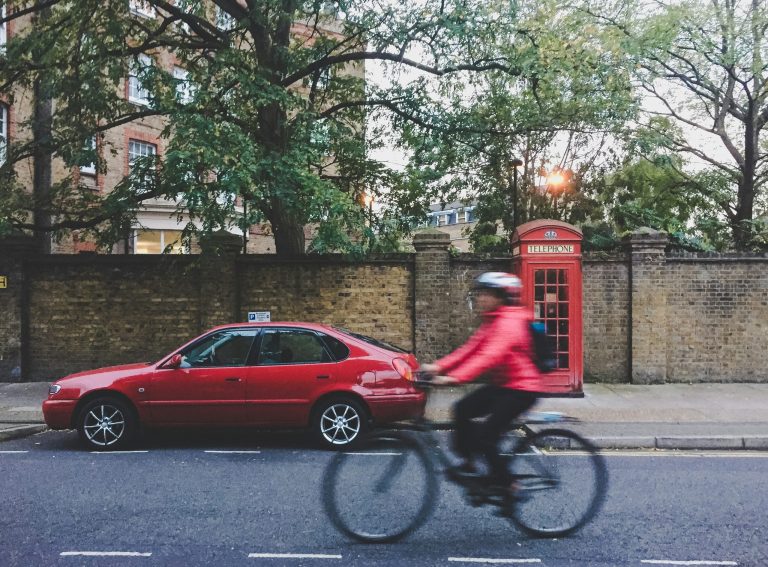A trial of shared e-scooters in Scotland looks likely to happen, following a Glasgow City Council vote.
E-scooter trial projects have been rolled out across England over the past four month but the devolved transport authorities have yet to take up the baton.
A council report published last week asked Glasgow to approve a trial in principle, before a procurement process can get underway and approvals secured from both Transport Scotland and the DfT.
The reports set out what a Glasgow trial could look like, including:
- Designated pick-up and drop-off points, possibly using physical docking stations
- A restricted operating area to begin with, to properly assess impact before widening the scope
- A speed limit of 10mph in the city centre
- Extremely accurate location technology, to allow street-specific permissions and to eliminate pavement riding
- E-scooter operators that are carbon neutral, including using only electric vehicles or cargo bikes to manage their fleets and renewable energy used to power warehouses
- A fully-employed, local workforce, with specific prohibition on zero hours contracts
- Commitment to community engagement and education
In its introduction, the report says: “In recent years, e-scooters have become a common site on the streets of towns and cities across the European mainland and the USA as well as other places. Much of this usage until now has been primarily ‘last mile’ usage, as an add-on to public transport, for example distributing commuters across a central business district from major rail or bus terminals…
“In the wake of the Covid-19 crisis, however, and in particular with regard to the limitations on capacity of public transport, there has been a change in focus on the use of these vehicles. They are now being regarded as a means of short distance commuting. E-scooters can be used for low-carbon, socially-distanced journeys as a substitute for public transport and, more crucially, car use. They have therefore come to be seen as part of a suite of measures to combat an up-tick in urban car use, due to the perceived safety of cars against the dangers of using public transport.”
The report goes on: “It was felt that e-scooters could offer a further low-carbon alternative to car and public transport use. This is of particular importance in the light of the city’s decision in 2019 to be carbon neutral by 2030.”
Explaining why e-scooter trials have not made it to Scotland yet, the report says: “In Scotland additional legislation and associated guidance would be required to allow trials to take place. Specifically, primary legislative changes as an amendment to the Roads (Scotland) Act 1984 would be required to allow e-scooters to be used on cycle tracks, in a trial or otherwise. In addition, similar amendments to those made to the Traffic Signs Regulations and General Directions 2016 (TSRGD) as it applies in England would require to be made for Scotland by way of Scottish Statutory Instrument.”
The recommendation was accepted by the council, with some additional requirements (integration with other transport modes, quantifiable evidence of modal shift and selection of durable, long-life scooters).
So the first of the devolved authorities to get electric scooters looks likely to be England’s northern neighbour.






